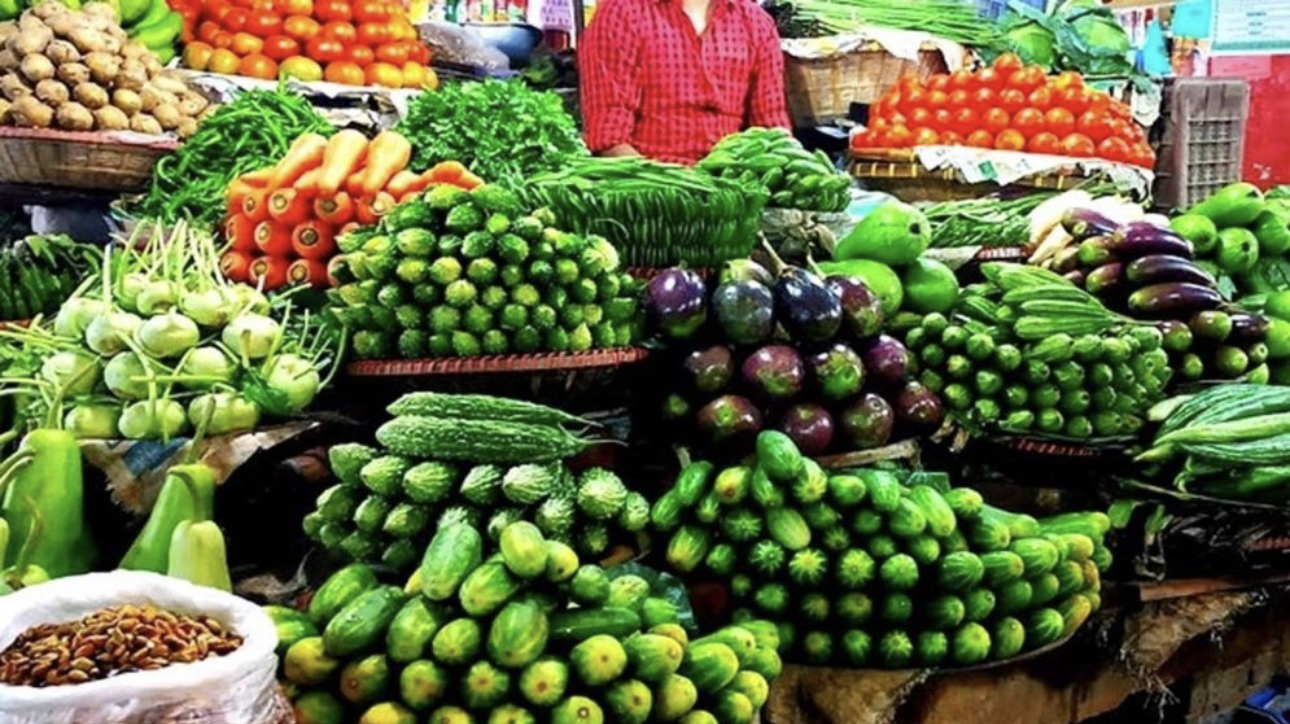Raw vs. Cooked Vegetables: Which Offers the Best Nutrition?
Eating vegetables regularly is essential to fulfill the body’s nutrient requirements. However, there is a long-standing debate over whether you gain more nutrients by eating vegetables raw or cooked. The truth is, neither opinion is entirely correct; rather, when, how, and in what circumstances the vegetables are consumed is more important.
The Case for Raw Vegetables
• Nutrient Retention: Raw vegetables retain a variety of vitamins and minerals. The fresher the vegetable, the more its nutritional quality is preserved.
• Vitamin C: Vegetables like spinach, broccoli, and capsicum contain high amounts of Vitamin C, which is often diminished when cooked. For this reason, many people recommend eating raw vegetables.
The Downside of Raw Consumption
• Digestive Issues: Eating raw vegetables can cause digestive problems for some people. This is because the fiber in raw vegetables takes longer for the stomach to absorb.
• Easier Absorption (Cooked): Cooking helps break down the proteins and carbohydrates present in vegetables easily, leading to smoother digestion and preventing stomach issues.
The Advantages of Cooking (and Preparation Methods)
• Enhanced Absorption: Cooking can actually make certain nutrients more bioavailable. Compounds like lycopene (in tomatoes) and beta-carotene (in carrots) are absorbed in greater quantities by the body after they are cooked. Heat helps with cell division, allowing the body to absorb more nutrients from cooked vegetables.
• Health Benefits: Cooked vegetables can help prevent kidney stones.
• Vitamin C Loss: While intense cooking destroys Vitamin C, in some cases, the heat increases antioxidants and destroys harmful bacteria during cooking.
Tips for Retaining Nutrients While Cooking
To preserve the nutritional content of vegetables while cooking, consider these methods:
• Steaming: Steaming vegetables is an excellent way to maintain their nutrients.
• Boiling: If boiling, ensure it is not done at excessively high temperatures.
• Microwaving: Vegetables can also be cooked in a microwave with minimal water to retain nutrients.
• Minimal Ingredients: Using a small amount of oil and minimal spices during cooking helps maintain the natural goodness of the vegetables.




